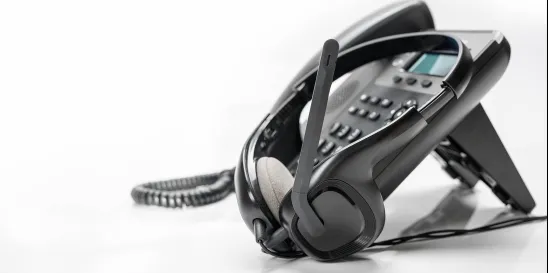Brandon Callier. Back again.
Going to have to get that guy on the podcast because he is suddenly turning into a winner. And those are the scariest words I’ve typed in a while.
Apropos
Callier v. Freedom Forever Texas, 2024 WL 1451135 (W.D. Tex. April 2, 2024) Callier convinces a court not to dismiss an ATDS claim against a TCPA defendant.
Now as everyone knows the TCPA’s definition of automated telephone dialing system has been substantially modified by the U.S. Supreme Court. Then again the Courts have struggled with how to apply the new rule–I suppose I owe everyone a “Facebook, three years later blog.” Out Monday.
For now a reminder that an ATDS must use a random or sequential number generator to do… something. In the Ninth Circuit it must be used to generate phone numbers. In the Third Circuit it must be used to place the call in some manner. Elsewhere the ROSNG must be used to either store or sequence telephone numbers, probably.
Well in Callier the Court looked at a platform called Kixie PowerCall & SMS. Callier alleged Kixie advertises “[a]utomated outreach for lighting fast speed-to-lead” and boasts that its “[i]ntelligent auto-dial helps you reach your leads when buying intent is highest.” Id. ¶¶ 35–36.
Ok.
But what does that have to do with ROSNG usage?
The Court also took note of Kixie’s claim as an “AI-Powered Communication Platform” that provides “[u]ltra reliable, easily automated, calling & texting” and “can help” its customers through “[a]utomated outreach,” “multi-device simultaneous ring,” and by “plac[ing] a call … with just a single click.” Id.
While multi-device simultaneous ring sounds very pernicious none of this tells me an ROSNG was being used–and that’s what matters.
The Court disagreed, however, and found these claims support an inference Kixie is an ATDS.
This is obviously bad news for anyone leveraging the Kixie platform– you MUST make sure you have express written consent and, of course, that needs to be one-to-one consent come January 26, 2025.




 />i
/>i

